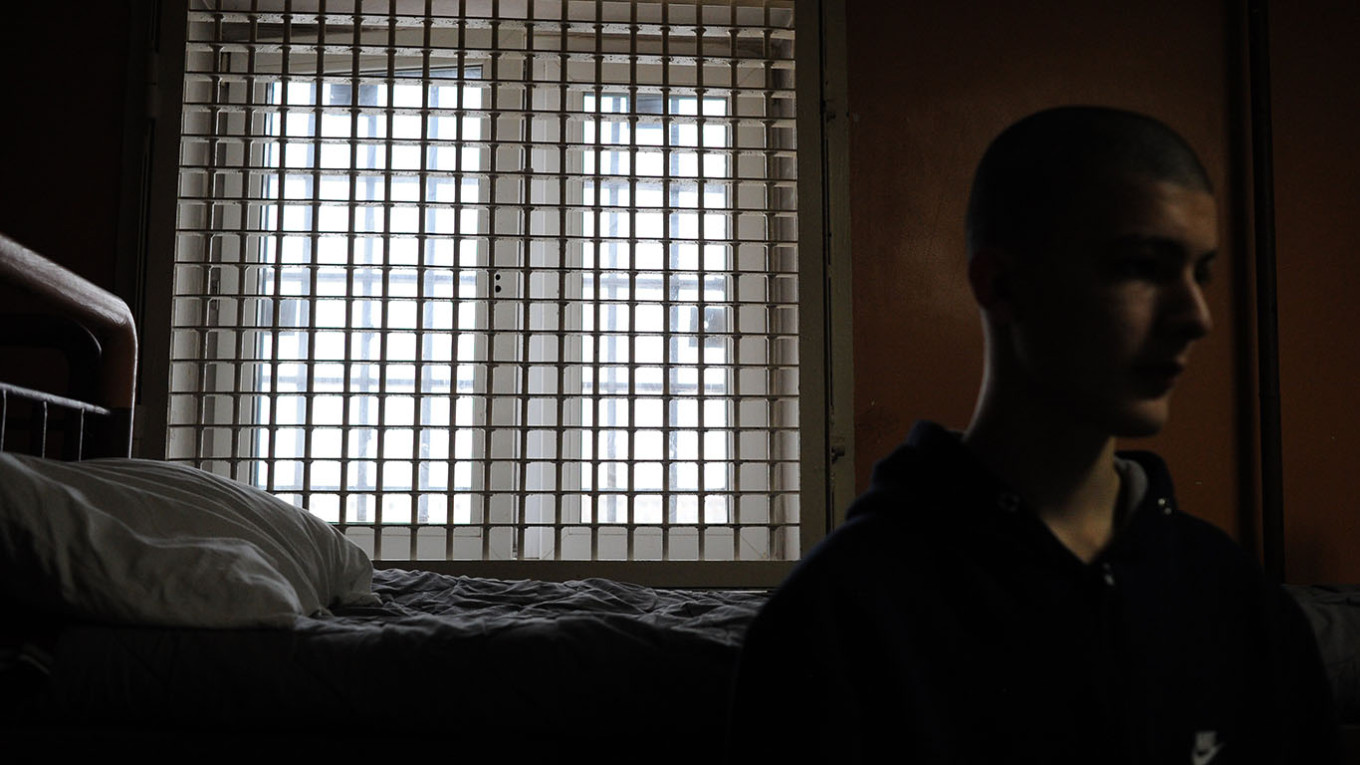Russian prisons are progressively limiting inmates’ access to foreign literature and books written in foreign languages, as reported by the independent news outlet Mozhem Obyasnit on Friday.
Prisoners across the country have indicated that works by international authors, language learning materials, and even popular novels are being banned as prison officials impose stricter controls on reading materials.
Sergei Dudchenko, a political detainee who has been held at Detention Center No. 1 in Rostov-on-Don for over six months, revealed that he was allowed to keep just one out of the four books sent by his supporters.
A biography of the Italian businessman Enzo Ferrari was reportedly prohibited because he is a foreign national. The novel “Heart-Shaped Box” by Joe Hill was confiscated due to its skull-embellished cover, which was considered unsuitable, while a book by Russian writer Sergei Dovlatov was withheld without any clear reason.
Dudchenko was permitted to retain a copy of Jack Kerouac’s “On the Road.”
In the same facility, other prisoners were not allowed to receive books from the “Fifty Shades of Grey” series and materials in French, English, and Ukrainian.
Inmates at SIZO-6 in Gorelovo, near St. Petersburg, have reported facing similar book restrictions. Ivan Zabavsky was prohibited from receiving English language study guides, including “English Grammar in Use.”
According to former political prisoner Sasha Skolichenko, SIZO-5 in St. Petersburg also banned music books, with officials arguing that musical notation could be used to hide coded messages.
In the Samara region, political prisoner Yulia Koveshnikova shared that her prison has banned novels, detective stories, and any foreign literature.
“It appears that I’m only permitted to read patriotic literature, which means I’ll need plenty of crossword puzzles and pens for entertainment,” she stated.
Inmates reported that books and magazines often go missing during inspections, and attempts to appeal these situations rarely succeed in gaining access.
Eva Levenberg, a lawyer with the prominent independent rights organization OVD-Info, explained that while extremist materials are not allowed under Russian law, prison authorities have significant discretion in deciding which books are approved.
Certain prisons deny materials based on how they believe they might affect inmates’ “psycho-emotional state,” she informed Mozhem Obyasnit.
Levenberg recommended that families and supporters of inmates communicate with specific facilities before sending any books and mentioned that arbitrary rejections can sometimes be challenged through formal appeals.
Russian prisons are well-known for their severe conditions, with many inmates facing dire living situations and frequent mistreatment by guards.

